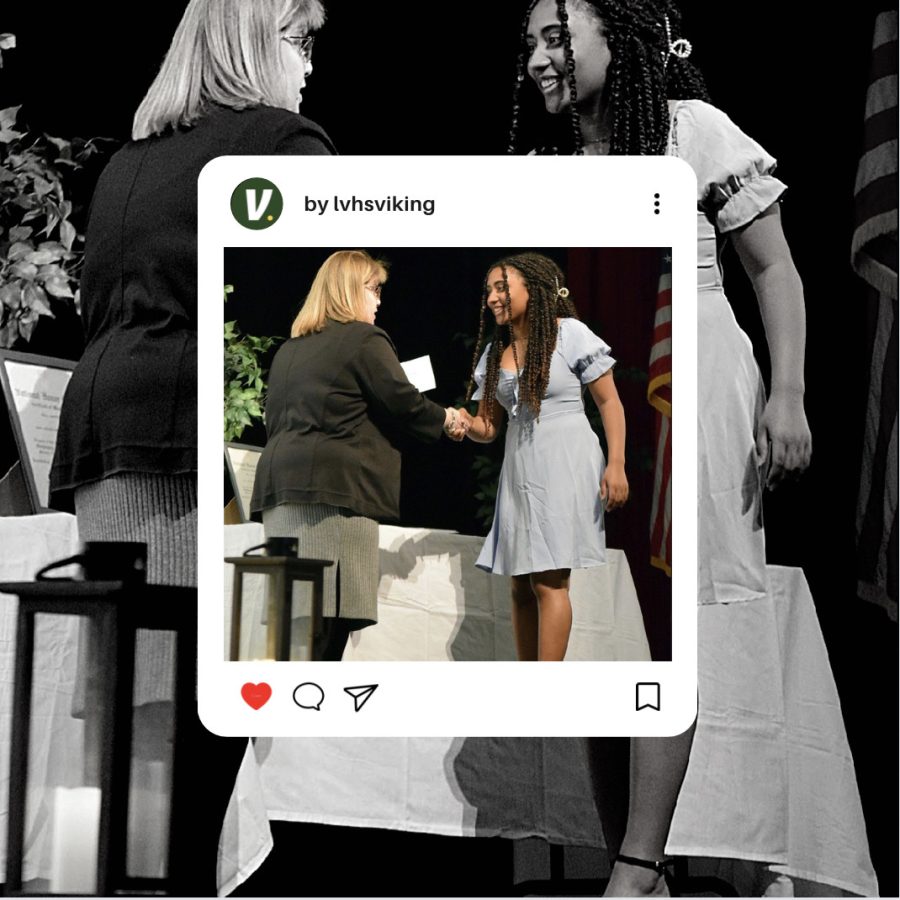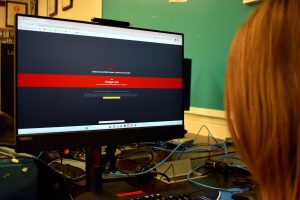Freedom over fear
Government alarmism, legislation banning social media impedes on students’ rights
February 7, 2023
The concern surrounding China’s involvement with users’ data and personal information has been palpable since TikTok’s rise in 2019. Like many other apps, TikTok collects data, ranging from the device you use to access videos, the amount of time you spend on the app (including the amount of time you spend watching certain videos) and what content niche you respond most highly to. Most social media platforms use this data to curate content that you’ll continue responding to, keeping their app relevant and profitable.
When it comes to TikTok, however, it’s unknown to many how the data collected is used—citizens are increasingly suspicious that information on them is going straight to China.
A minimum of 14 states have thus passed legislation banning TikTok on government owned devices and networks. Congress is close behind, however, with a recent proposal offering to ban the app on federally-owned equipment.
For learners, this means TikTok accounts, including those used to promote clubs, classes or extracurricular activities, will soon be inaccessible on school computers or WiFi.
While in-line with the county’s highschool blockages of platforms like Snapchat, the choice is inconsistent with the allowance of platforms owned by Meta in high schools county-wide.
We believe the county should decide on a consistent, clear social media policy that abides by the First Amendment while granting rights for students to allow the use of social media platforms for academic use.
While social media usage is protected under freedom of speech, it also has educational benefits in an increasingly online-proficient society. Collaboration and interaction fuel many aspects of higher schooling, and the implementation of TikTok and Instagram into curricula has been shown to raise student engagement and knowledge retention.
We recommend that all social media platforms be accessible for students. Though this may cause distractions, we are confident our peers will allocate their time as they please, and that social media blockages will have little impact on their academic aptitude.
The primary concern for TikTok restriction advocates is what ByteDance, the parent company, is doing with the information they collect; though, according to experts, the widespread notion that it’s sharing government secrets is unlikely. Indeed, there’s little-to-no evidence that the data TikTok collects on U.S. citizens does more than show the demographics of viewers and their in-app habits.
We now ask lawmakers and public school officials to not block social media applications on the devices and networks they provide. Instead, we recommend that the rights students Constitutionally possess not be jeopardized in response to widely unfounded hypotheticals.
If the collection of user data continues to concern the nation, perhaps it is time to remove the problem at its root by preventing app-makers from collecting excessive amounts of personal data in the first place.







